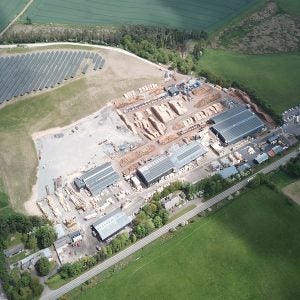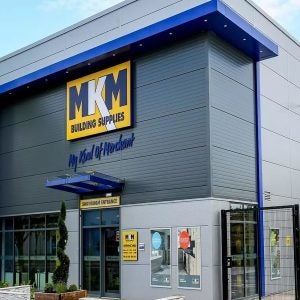The share price of power station operator Drax fell 25% on the news before rallying to close 14% lower, while the Wood Panel Industries Federation (WPIF) dismissed the review as failing to provide a level playing field.
The wider wood industry has complained of insufficent timber to feed the 40 biomass plants either running or in the pipeline, and that panel and pallet supplies are already competing against subsidies that force up the price of raw material.
The Department of Energy and Climate Change (DECC) announced a series of tariffs for different levels of co-firing under the long-awaited Renewable Obligation Certificate (ROC) banding review. Generators will now receive 0.3 of a ROC per megawatt hour (£40.71) for less than 50% co-firing, rising to the full £40.71 for a boiler using 90% biomass. The support level for new, dedicated biomass plants is 1.5 ROC/MWh.
Drax had confirmed it plans to go coal-free at its station in Yorkshire, but initially will convert three of its six boilers. Chief executive Dorothy Thompson said the company has been simultaneously developing a strategy to fully convert its boilers to biomass.
Norbord Europe managing director Karl Morris said the government response was misconceived and continued to subsidise the inefficient use of biomass before understanding either the carbon balance or the implications on the existing wood processing sector.
"It may be that they have satisfied nobody: energy keeps demanding more subsidy and the processors seek a rational differentiation of that subsidy. And in doing so it will quite likely stall investment, particularly co-firing conversion."
WPIF director-general Alistair Kerr said the review threatened the future of a timber as a major UK industry. "It subsidises the massively inefficient burning of otherwise useful wood and is more interested in ticking the renewables obligation box rather than demonstrating environmental commmon sense," he said.






